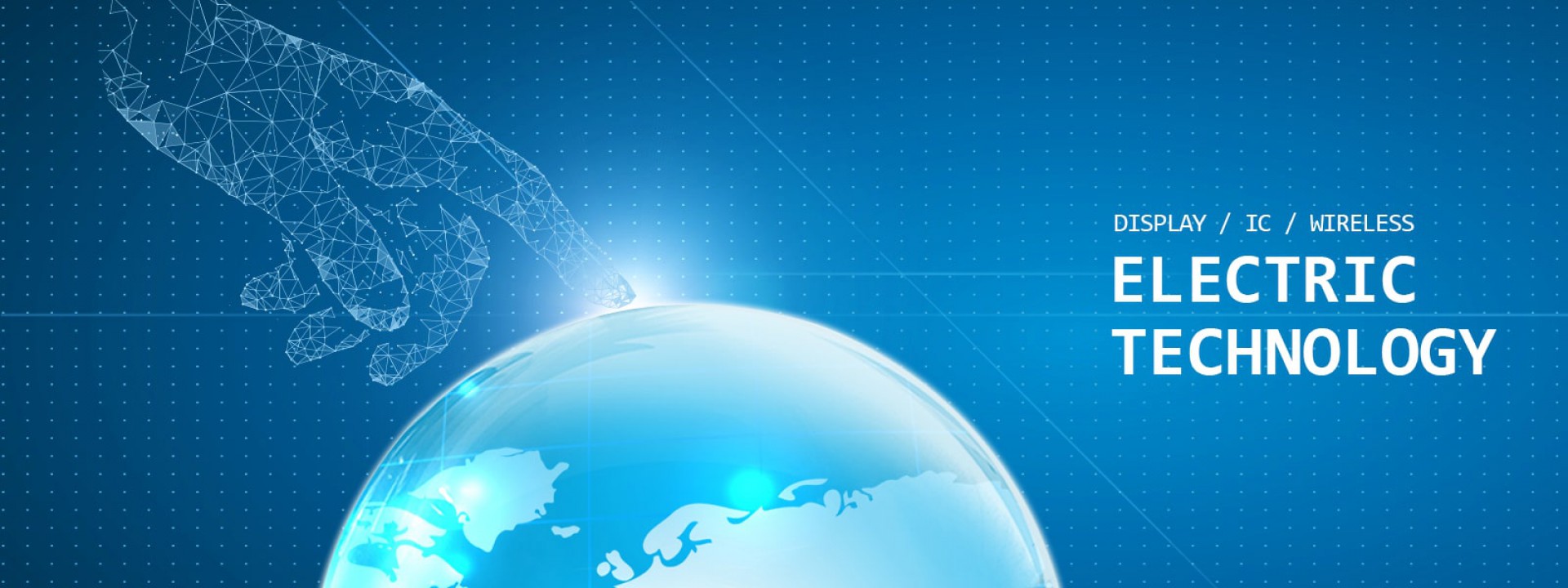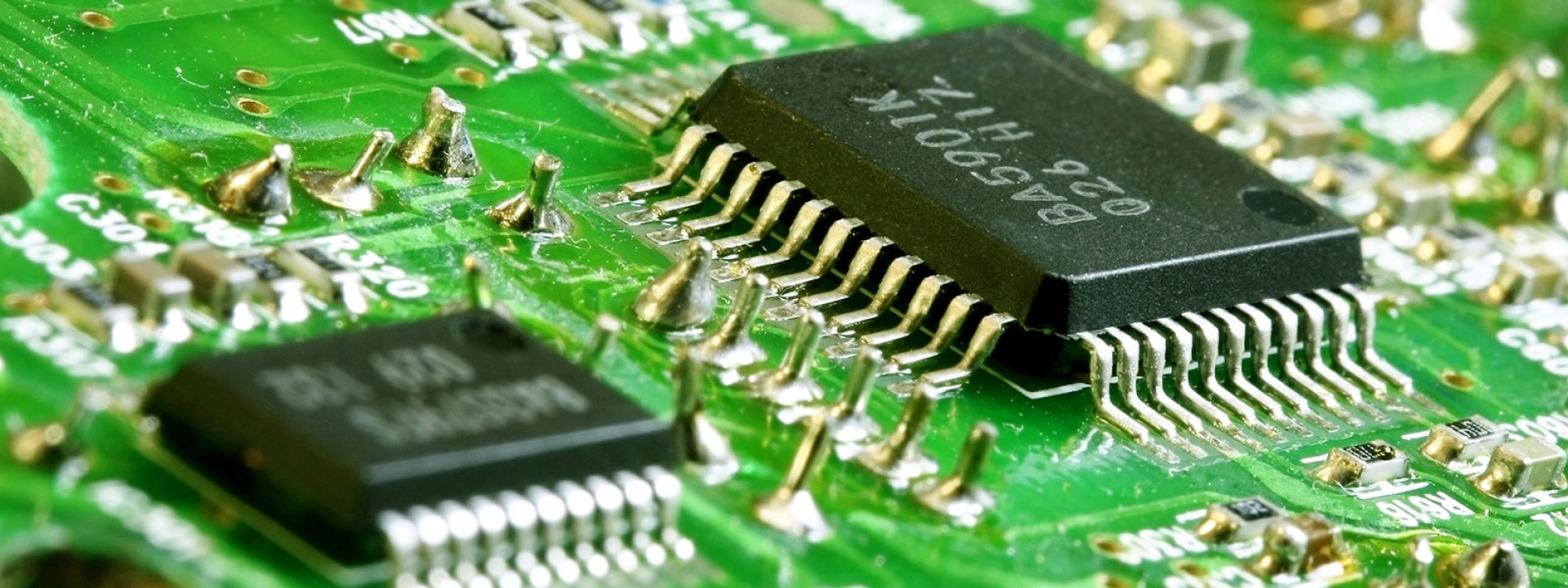News & Events
Much of the news of India's shift to electric vehicles (EV) is limited to passenger and some commercial vehicles. But what often goes unnoticed is that EVs are perfectly suited for several niche markets as well. Agricultural automobiles like tractors and tillers are an example.
This is particularly relevant in India, which has always considered agriculture a primary economic sector. Although official figures show that agriculture accounted for only 20% of the GDP in 2020-2021, over 50% of the total population still depends on it. Most importantly, several government initiatives aim to boost this sector.
Electrification of agricultural automobiles is already happening in several developed markets. India is yet to adopt them, but that doesn't mean Indian companies are not already working on them. Speaking to DIGITIMES Asia recently, Antony Cherukara, CEO of VST Tillers Tractors, explained that the company has already begun partnering with other vendors.
"Electrification is already happening in some parts of the world like the US, but eventually, we believe that will come into India as well," Cherukara said. "We have invested in an electric, autonomous tractor company called Zimeno Inc (Monarch Tractor). We also supply components to them."
VST's plans for electrification in the local market
Having already worked with global companies, VST is all set for electrification in India. Cherukara expects the electrification of the Indian agricultural automobile market to happen in the next five to 10 years.
"VST definitely has plans for electrification," Cherukara said. "We have been working on this area for the last three years. With this experience and the work we are doing for multiple companies, we are in a position to bring out products for the Indian market as well. But we believe the electric tractor market will emerge in India in the next five to 10 years. We would be more than ready for that by that time."
But Cherukara is clear that electrification is a major shift for a company and industry that has depended heavily on ICE vehicles for a significant time. VST would have to partner with battery suppliers and other major component manufacturers in the EV supply chain to make this change possible.
"In terms of partnerships, we would definitely be interested in battery management systems and technologies in the electrical parts," Cherukara said. "We have been predominantly offering IC engine driven mechanical kind of tractors. So, these are competencies that we would need to enhance as we move forward and would be looking at partnerships in these areas."
What it takes to meet the unique needs of Indian farmers
Given the nature of their work, the agriculture sector has unique challenges that need to be overcome before EVs can make inroads. These challenges may be even more pronounced in a country like India, which is still at a developing stage of the EV ecosystem.
"The key challenge in the tractor segment is the number of hours that the tractor can operate on a single charge," Cherukara said. "Unless it's six to eight hours, which means a full day's operation, it doesn't really serve the purpose of a farmer. In countries like the US, farmers buy a replaceable battery to get a continuous six to eight hours of operation because one stack approximately gives about three to four hours. But that may not be feasible in India simply because of the cost of batteries and affordability factor for the Indian farmer."
This means that when it comes to customer adoption, a lot depends on affordability. When the cost of batteries and technology lowers, we may see a big shift toward electric vehicles. Cherukara expects this to happen first in compact and small tractors and then the larger tractors because of the reason of operational duration.
Global markets offer attractive opportunities
While VST has a clear vision of the EV trajectory in India, it is also eyeing opportunities abroad. The company sees fertile grounds in places like California, where a combination of government initiatives and farming efforts are making progress.
"In the US, the ecosystem is much more mature in terms of charging infrastructure and affordability," Cherukara said. "For example, there is massive support from the government for the tractors sold in California. There is a significant subsidy for electric tractors in such markets, and many large farmers even prefer autonomous tractors. These markets will scale up faster because of the ecosystem, so we will participate in these areas."
The global chip shortage concerns have hurt EV companies in most sectors, but agriculture automobiles have not had much trouble because their use of semiconductors is not significantly high. There have been general supply chain constraints, but these are also easing now. As things get more affordable and the EV ecosystem in India develops further, this would be a sector to watch closely.
By DIGITIMES






